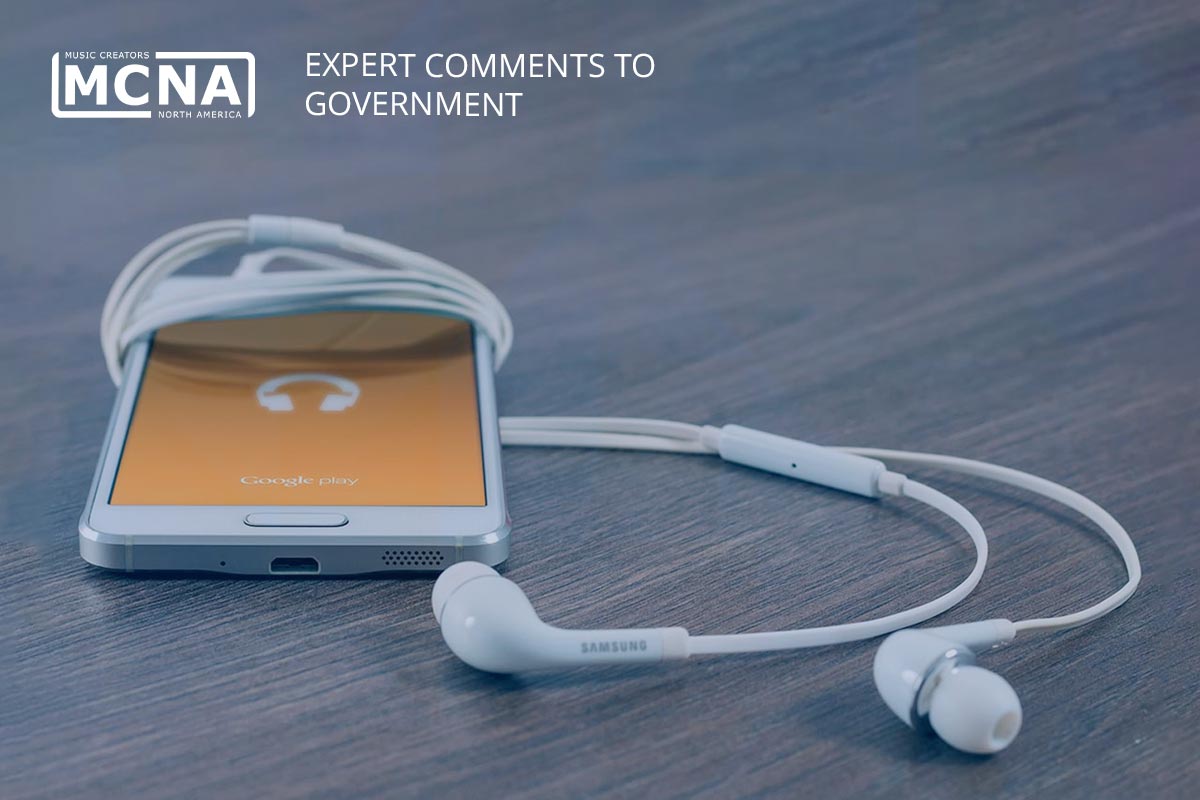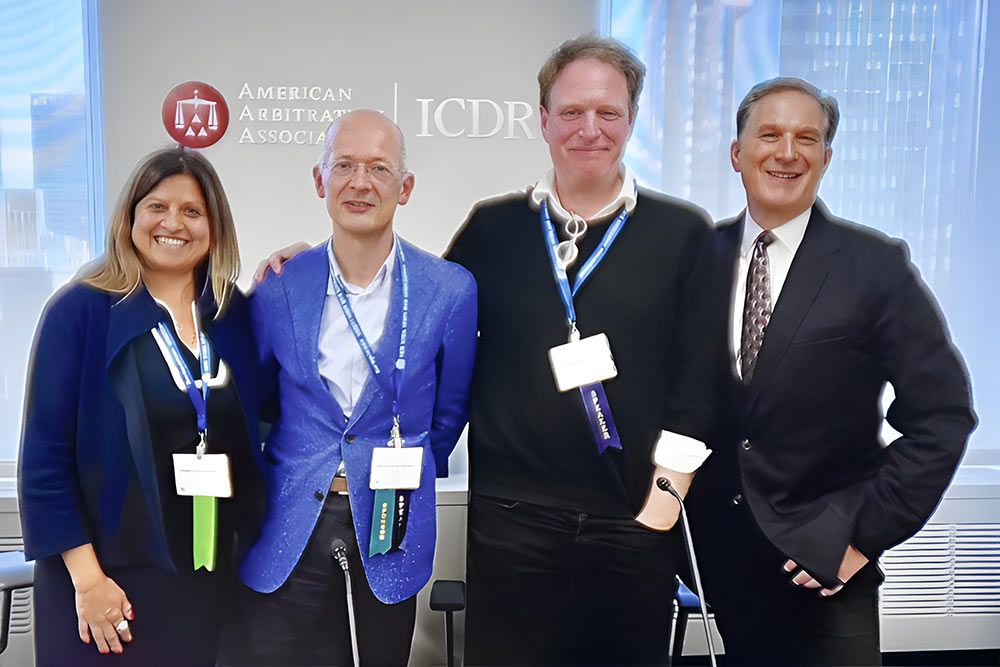MCNA has joined with the Songwriters Guild of America, Inc., the Society of Composers & Lyricists, and the individual music creators Rick Carnes and Ashley Irwin, to submit comments to the Copyright Royalty Board regarding its proposed rule for subparts A, C and D the Phonorecords IV proceedings.
The summary follows but the complete document is available from the library of congress.
December 7, 2022: Today, the Independent Music Creator community joins in support for the comments of Phonorecords IV Proceeding party George Johnson,8 and respectfully asks the CRB to modify or reject in its present form –as a necessity for providing economic justice for music creators– the proposed regulations that set royalty rates and terms applicable during the period from January 1, 2023 through December 31, 2027 for streaming on demand and related uses of music.
Such proposed regulations are based upon the partial settlement concerning subparts C and D, submitted to the CRB in the form of a motion dated August 31, 2022 by the National Music Publishers’ Association (‘‘NMPA’’) and Nashville Songwriters Association International (‘‘NSAI,” and collectively with NMPA, the ‘‘Copyright Owners’’) on the one hand, and Amazon.com Services LLC, Apple Inc., Google LLC, Pandora Media, LLC, and Spotify USA Inc. (“Music Delivery Services”) on the other (see page 66977).
It is the position of the Independent Music Creator community that the partial settlement proposal submitted to the CRB on August 31 appears to represent little more than a “give-back” arrangement, negotiated between parties with potentially significant conflicts of interest, that could easily negate most if not all the streaming royalty rate gains established but not yet implemented pursuant to the Phonorecord III proceedings. The “privately negotiated” settlement proposal –which provides for a microscopic, phased-in rise in streaming rates of 1.66 percent in the aggregate over a five-year period– in fact represents “growth” so far below the current, near double-digit rate of inflation that by 2027, its adoption might effectively result in a streaming royalty rate in adjusted dollars that falls below the rates in effect prior to the 2018-2022 Phonorecord III adjustment.
If the parties to the proposed settlement believe that is not the case, owing to the hoped-for effects of other ancillary aspects of the settlement, they should be made to explain in detail how and why those speculative, “trickle-down” mechanisms (which do not include cost of living “COLA” adjustments) stand a likely or even reasonable chance of preventing the slow motion, inflationary evisceration of the mechanical streaming rate over the next five years.
The Phonorecord III decision was an attempt to at least bring streaming royalty rates up to a level that might draw us closer to fair market value, and aid in the sustainability of the creative music sector. Effectively gutting the rates over the next five years under the proposed Phonorecords IV subparts C and D settlement (a very real probability under the 1.66 percent plan without COLA protections), will eliminate any potential benefits achieved under Phonorecords III. That victory was gained only after the expenditure of millions of dollars in music creator funds during the process of negotiation and subsequent litigation of that prior proceeding.
Independent songwriters and composers, whose interests have been woefully under-represented (and potentially even misrepresented) in private negotiations related to the Phonorecords IV proceeding, cannot financially withstand such a result. It is not mere hyperbole to assert that approval by the CRB of the seemingly grossly unreasonable, proposed August 31 streaming settlement, would represent a yet another step backward toward the elimination altogether of music creation as a viable profession in the United States.
As Phonorecords IV party George Johnson repeatedly warned during the negotiation process, such approval and adoption of the proposed subparts C and D settlement without additional, COLA safeguards would exacerbate unrelenting, long-term harm not only to the US music creator community, but to the entire economic sector represented by the US music and technology industries that rely on our works as the main drivers of their success.
In short, adoption of the settlement without addressing the aforementioned issues would continue an avoidable financial and cultural collapse that none of us either wants or can afford.
These comments are also endorsed by the Alliance for Women Film Composers (AWFC), Screen Composers Guild of Canada (SCGC), Songwriters Association of Canada (SAC), Asia–Pacific Music Creators Alliance (APMA), Music Answers (M.A.), Fair Trade Music International (FTMI), Pan–African Composers and Songwriters Alliance (PACSA), and the Alliance of Latin American Composers & Authors (AlcaMusica).
Photo by Firmbee.com on Unsplash




